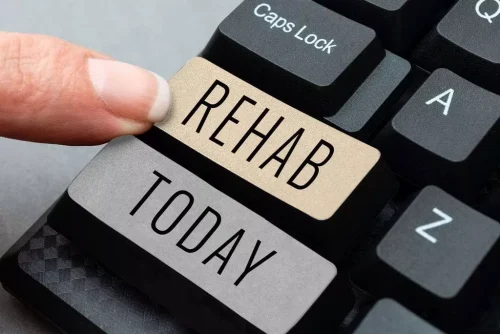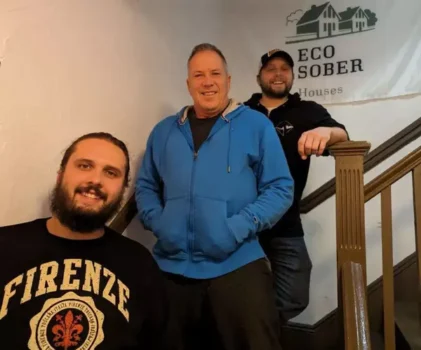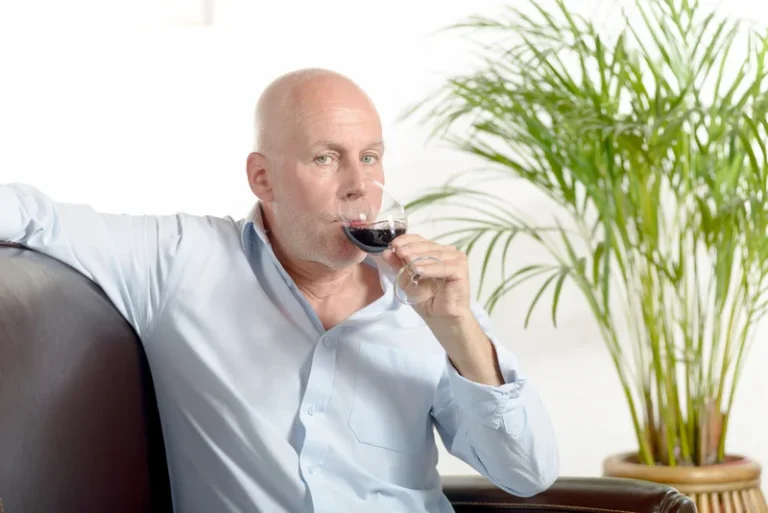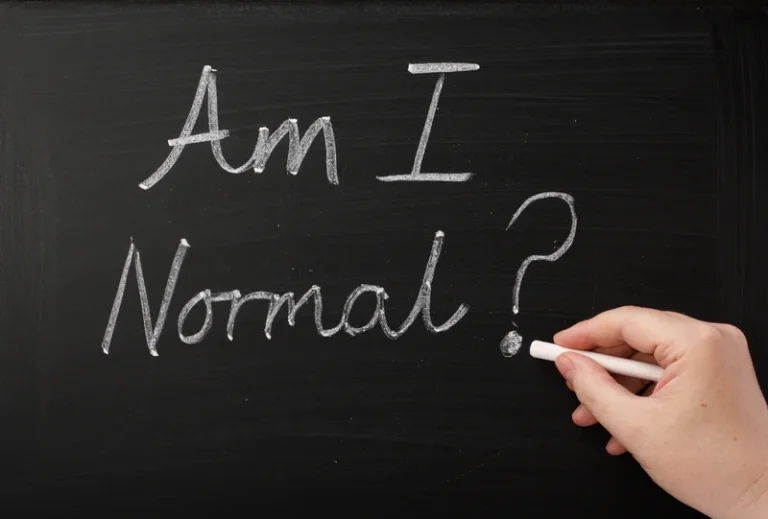
A 2020 review suggests that up to 60% of people living with depression will experience at least one relapse episode in their life. According to a 2017 study in England, this is likely to occur within 6 months after treatment. Withdrawal symptoms like nausea, shakiness, and sweating can be so difficult that you want to use drugs again just to stop them. Medications can help you manage withdrawal symptoms before they trigger a relapse. Being aware of the stages of relapse and having a plan to deal with them can help prevent you from using again. Follow these 10 techniques to help you stay on track with your recovery.
- People in this stage should learn to recognize and avoid high-risk situations.
- Relapse is particularly dangerous with opioids, including prescription painkillers and heroin.
- Therapists and counselors will document, share, and regularly update these strategies throughout your treatment.
People or Places Connected to the Addictive Behavior
Recovered is not a medical, healthcare or therapeutic services provider and no medical,psychiatric, psychological or physical treatment or advice is being provided by Recovered. Ifyou are facing a medical emergency or considering suicide or self harm, please call 911immediately. But, recovery is not just about “quitting” and “abstaining” as much as it’s about building a new life in which it is easier—and more desirable—not to use.

Stages of Relapse
Reflect on what triggered the relapse—the emotional, physical, situational, or relational experiences that immediately preceded the lapse. Inventory not only the feelings you had just before it occurred but examine the environment relapse prevention you were in when you decided to use again. Sometimes nothing was going on—boredom can be a significant trigger of relapse. Such reflection helps you understand your vulnerabilities—different for every person.

Identifying Your Personal Triggers
Old memories can trigger intense cravings for the substance of abuse. People with unhealthy coping habits may believe that using alcohol or other drugs is the only way to relieve stress. Some people can overcome physical dependence to a drug without committing to living https://ecosoberhouse.com/ a healthy life in recovery. Dry drunks, for example, are sober people in recovery who continue to engage in risky behaviors that increase their risk for relapse. Signs of a dry drunk include attending bars, refusing to seek therapy and obsessing over alcohol.

With the guidance of experienced professionals, these plans offer strategies for behavioral change. People who attend therapy learn skills and strategies for preventing relapse. During rehab, many people create specific plans for risky situations or times when they feel tempted to use drugs or drink alcohol. The recovering brain is susceptible to depression, anxiety and other mental health issues.
Relapse Prevention Workbooks
- Substance abuse and mental health expert Terry Gorski has a nine-step relapse prevention plan that can help you recognize and manage relapse warning signs.
- In the absence of triggers, or cues, cravings are headed toward extinction soon after quitting.
- Lapses (a one-time return to addictive behavior) and relapses (a return to an addictive lifestyle) do occur.
- They’re constantly practicing coping skills, stress-relief techniques and healthy habits.
- A “freelapse”, on the other hand, is the colloquial term for an accidental relapse that happens when a person unintentionally uses drugs or alcohol.
Experts in the recovery process believe that relapse is a process and that identifying its stages can help people take preventative action. Individuals who experience a relapse of cocaine use are likely to experience several warning signs long before returning to substance use. A significant statistical connection exists between post-traumatic stress disorder (PTSD) and addiction. In the general population, approximately 3-7 percent of people grapple with a substance use disorder (SUD).

Suicide prevention
- That may mean calling 911 if you think an overdose is possible.
- In one study, people who didn’t attend AA or a similar 12-step program only had a 20 to 25% abstinence rate.
- Addiction and relapse are formidable foes, but with the right tools and support, lasting recovery is within reach.
- Quitting a medication “cold turkey” may produce severe reactions and should always be done under the guidance of a professional.
- Lack of sleep often leads to self-neglect, which can make a person more vulnerable to using again.
The American Society of Addiction Medicine (ASAM) defines relapse as the recurrence of behavioral or other substantive indicators of active disease after a period of remission. Some relapses start with lapses that become more prolonged or frequent until the individual returns to uncontrolled substance use. Another form of relapse is a “lapse.” A person lapsing may have one or two drinks then return to sobriety. While it is more controlled and brief than a full relapse, a series of lapses can easily progress to relapse. Addictive behaviors create a difficult-to-break cycle of shame that creates further shame unless explored in a way that allows learning to take place. Distraction is a time-honored way of interrupting unpleasant thoughts of any kind, and particularly valuable for derailing thoughts of using before they reach maximum intensity.
How Do You Make A Relapse Prevention Plan?
Even if you survive, an overdose can leave you and your family members with lots of feelings to sort through. Consider talking to someone, such as a counselor or people in your support group. Relapse is particularly dangerous with opioids, including prescription painkillers and heroin. Those drugs can slow your breathing to the point that you die. If you are worried about a relapse, there’s a medication, called naloxone, that you can keep handy.

Identify Triggers
- This article will take an in-depth look into relapse after getting clean and what to do about it.
- In addition, relapse often ties back to past trauma, particularly when attempting to combat addiction without expert guidance.
- If you’ve relapsed before, try to identify the feelings you felt before your relapse.
Supervised detox may be necessary to safely overcome dependency and withdrawal symptoms. In less severe cases, outpatient therapy and support groups may be adequate. Insurance plans are not allowed to impose lifetime or dollar limits on substance abuse coverage, so treatment is covered regardless of how many times a person has received treatment in the past.